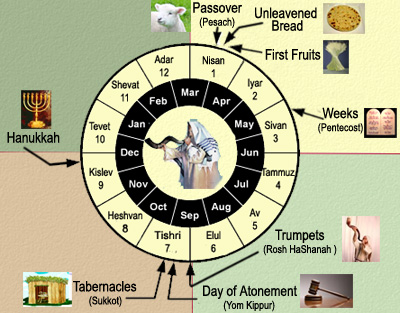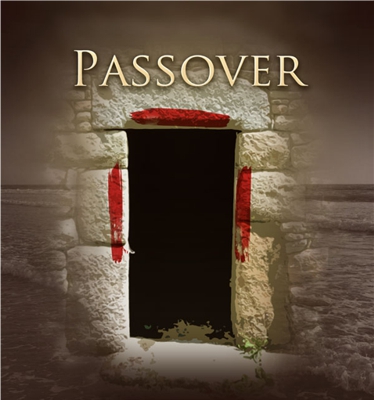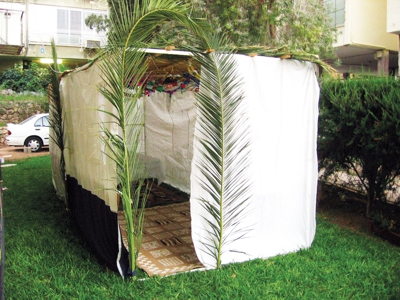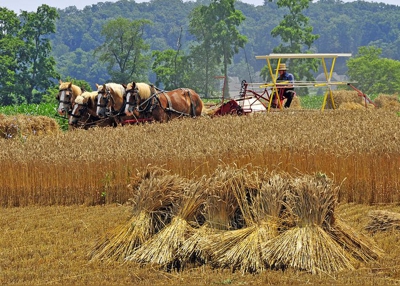What is the meaning of the seven Jewish festivals?

 The phrase “Hindsight is 20/20” refers to the fact that it is easier to analyze and evaluate events after they have already happened, rather than beforehand or when you’re in the middle of them. Hindsight refers to looking back or reflecting on things in the past, and 20/20 refers to perfect vision. So when we look back on situations in the past, we see things clearly that were not clear to us at the time. The phrase has been applied to the COVID-19 pandemic. And it is applied to the Jewish Festivals in this post. (more…)
The phrase “Hindsight is 20/20” refers to the fact that it is easier to analyze and evaluate events after they have already happened, rather than beforehand or when you’re in the middle of them. Hindsight refers to looking back or reflecting on things in the past, and 20/20 refers to perfect vision. So when we look back on situations in the past, we see things clearly that were not clear to us at the time. The phrase has been applied to the COVID-19 pandemic. And it is applied to the Jewish Festivals in this post. (more…)
What was the purpose of the Jewish pilgrimage festivals?

Three times a year Israelite families travelled to the temple in Jerusalem for a religious festival (Ex. 23:14-17; 34:23-24; Dt. 16:16). The first of these was the Passover in spring, when they remembered how God delivered them from slavery in Egypt. The second was the Harvest Festival in summer (Ex. 23:16), when they thanked God for providing an abundant wheat harvest in Canaan. And the third was the Festival (or feast) of Shelters (or tabernacles) in autumn when they remembered God’s care and provision during the 40-year exodus journey. The purpose of these festivals was to remind them of the story of their deliverance and God’s abundant provision.
 The Passover Festival
The Passover Festival
At the Passover they were to kill and eat a lamb together with unleaven bread (without yeast) and bitter herbs (Num. 9:1-14; Dt. 16:1-8). The symbols were taken from the exodus. In the final plague on the Egyptians, to be protected from the death of the firstborn son, the Israelites had to kill a lamb and put its blood around their front doorframe. The lamb died so they could escape death of the firstborn and escape from Egypt. And because they had to leave in haste, they didn’t have time to add yeast to cause their bread to rise. And yeast is also a symbol of sin. The bitter herbs symbolized their bitter slavery in Egypt (Ex. 1:14). Straight after the death of the Egyptian firstborn, Pharaoh told the Israelites to leave Egypt and they escaped (Ex. 12:31-33). One of the greatest Passover celebrations was when king Hezekiah repaired the temple and resumed re-established sacrifices (2 Chr. 30:26). There was also a great celebration when king Josiah reformed Judah (2 Chr. 35:18-19). Ezekiel taught that the Passover Festival will be celebrated in the Millennial reign of Christ (Ezek. 45:21-24). And “Every year Jesus’ parents went to Jerusalem for the Festival of the Passover” (Lk. 2:41NIV). (more…)
Backyard camping

 During the COVID-19 lockdown my grandchildren did some indoor camping. They’ve also tried backyard camping. Did you know that the Jews have a festival where they live outdoors as much as possible during a week?
During the COVID-19 lockdown my grandchildren did some indoor camping. They’ve also tried backyard camping. Did you know that the Jews have a festival where they live outdoors as much as possible during a week?
Three times a year Israelite families travelled to the temple in Jerusalem for a religious festival (Ex. 23:14-17; 34:23-24; Dt. 16:16). The first of these was the Passover in spring, when they remembered how God delivered them from slavery in Egypt. The second was the Harvest Festival in summer (Ex. 23:16), when they thanked God for providing an abundant wheat harvest in Canaan. And the third was the Festival (or feast) of Shelters (or tabernacles) in autumn when they remembered God’s care and provision during the 40-year exodus journey. (more…)
Record harvests

 After a three-year drought, Australian farmers harvested a record amount of wheat (33.34 million tonnes) last year. The bumper crops came after a La Nina weather system brought heavy rains across the country. Last year China (142.81 million tonnes) and India (108.75 million tonnes) also had record wheat harvests. Did you know that Israel was promised record harvest in Canaan?
After a three-year drought, Australian farmers harvested a record amount of wheat (33.34 million tonnes) last year. The bumper crops came after a La Nina weather system brought heavy rains across the country. Last year China (142.81 million tonnes) and India (108.75 million tonnes) also had record wheat harvests. Did you know that Israel was promised record harvest in Canaan?
Three times a year Israelite families travelled to the temple in Jerusalem for a religious festival (Ex. 23:14-17; 34:23-24; Dt. 16:16). The first of these was the Passover, when they remembered how God delivered them from slavery in Egypt. The second was the Harvest Festival (Ex. 23:16), which was near the end of the wheat harvest in Canaan. It was also called the “Festival of weeks” (Ex. 34:22; Dt. 16:10), because it was seven weeks (or 50 days) after the Festival of Firstfruits (which was when they dedicated the barley harvest to the Lord on the Sunday after the Passover). Later it became known as Pentecost, which is the Greek word for 50th. It was also called “the day of firstfruits” (Num. 28:26) because farmers offered the firstfruits (the beginning) of their wheat harvest to God (Ex. 34:22). And they gave other offerings to God as well. At this festival they dedicated the wheat harvest to the Lord and gave back to God some of what He had provided for them. The offering of firstfruits was an acknowledgment that the harvest was from the Lord and belonged to Him. (more…)






RECENT COMMENTS